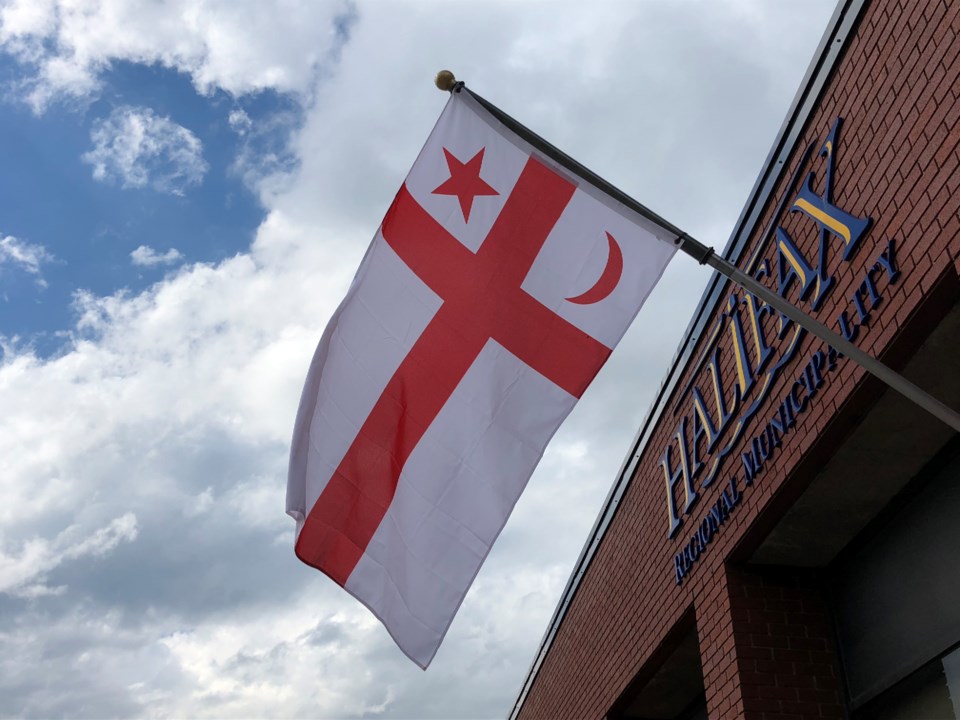NEWS RELEASE
SERPENT RIVER FIRST NATION
MISSISSAUGA FIRST NATION
*************************
We call on the Canadian government to address the ways in which federal bureaucracy, inactivity and exclusivity kills reconciliation. Serpent River and Mississauga First Nations as part of the Robinson Huron Treaty 1850 supports and affirms the Treaty Rights of the Mi’kmaq people.
Mi'kmaq, Wolastoqiyik and Passamaquoddy people have fished and hunted in Nova Scotia for thousands of years prior to the arrival of European colonizers and current settler populations confirmed by the Supreme Court of Canada twice, and written in the Peace and Friendship Treaties of 1706.
What is the definition of reconciliation? Often it is portrayed as being about creating good feelings about the relationship between Indigenous peoples and Canada, but only focusing on feel-good initiatives downplays the real legal conflicts that are ongoing.
Indigenous peoples have had their own legal systems since time immemorial. Canada created its own legal system, adopting English and French laws. The clash between the two has plagued Canada since settlers arrived on these shores. There was an attempt to clarify the roles of each legal system with the creation of treaties, the provisions of which continue to be willfully ignored by Canada.
Attempts to convert Indigenous peoples to colonial systems led to the creation of institutions like Indian Residential Schools – and even after apologies, commissions, and recommendations, we remain unreconciled.
Why are the commercial fishermen in Nova Scotia emboldened to take the law into their own hands? Why are the RCMP choosing not to enforce the rule of law?
This is a direct consequence of attempting to eradicate, undermine, and ignoring Indigenous legal systems. By not addressing the clash of legal systems in this multi-jural land, Canada has created an environment in which a lack of attention to legal reconciliation has continually escalated to violence.
Indigenous people are frustrated across the country. Even when we jump through every hoop in the Canadian legal system all the way to the Supreme Court, we still lose. We lose because these legal victories fail to translate into recognition of Indigenous legal principles within the bureaucracy of the federal government. They do not enforce the decisions and laws that protect Indigenous lives and livelihood.
Canada has failed its own people by not teaching them their own responsibilities under the Treaty and upholding the foundational treaties. If true reconciliation is to occur the challenge must not fall only upon the shoulders of Indigenous peoples. Our people already put their bodies in the way of violence to protect our inherent rights.
Canada must stand up to protect the distinct legal and political rights of Indigenous Peoples within their own bureaucracy, teach and inform Canadians on their treaty obligations; and protect the ability of Mik’maw peoples to engage and practice rights they have had since time immemorial, predating the very foundations of the Confederation.
Serpent River First Nation with Mississauga First Nation will be doing a highway slowdown and exchanging fish as is our inherent right of trade, self-determination and kinship.
**************************
